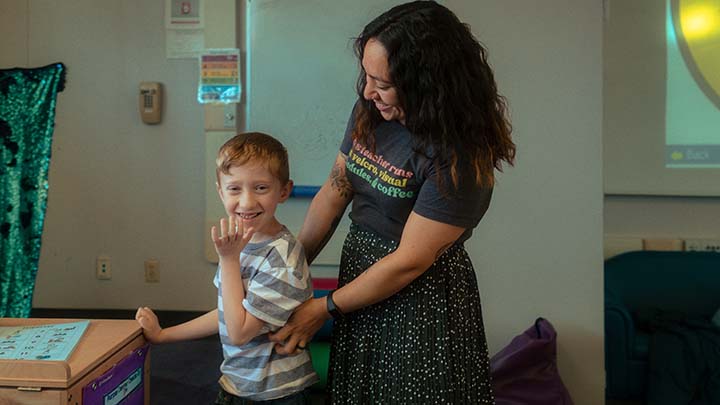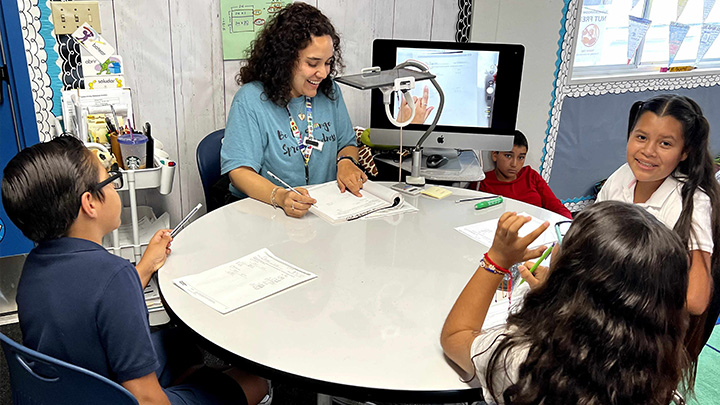Special Education Teaching Credential Programs
Preliminary Education Specialist Credential in Three Specializations
Specializations Overview
The Preliminary Special Education (Education Specialist) Credential authorizes the holder to teach in specific disability areas of specialization named on the credential. Those are:
- Early Childhood Special Education: work with infant, toddler and preschool-age children with disabilities
- Mild to Moderate Support Needs: teach students with disabilities in grades K-12, and adults up to age 22
- Extensive Support Needs: teach students with a wide range of disabilities in grades K-12, and adults up to age 22
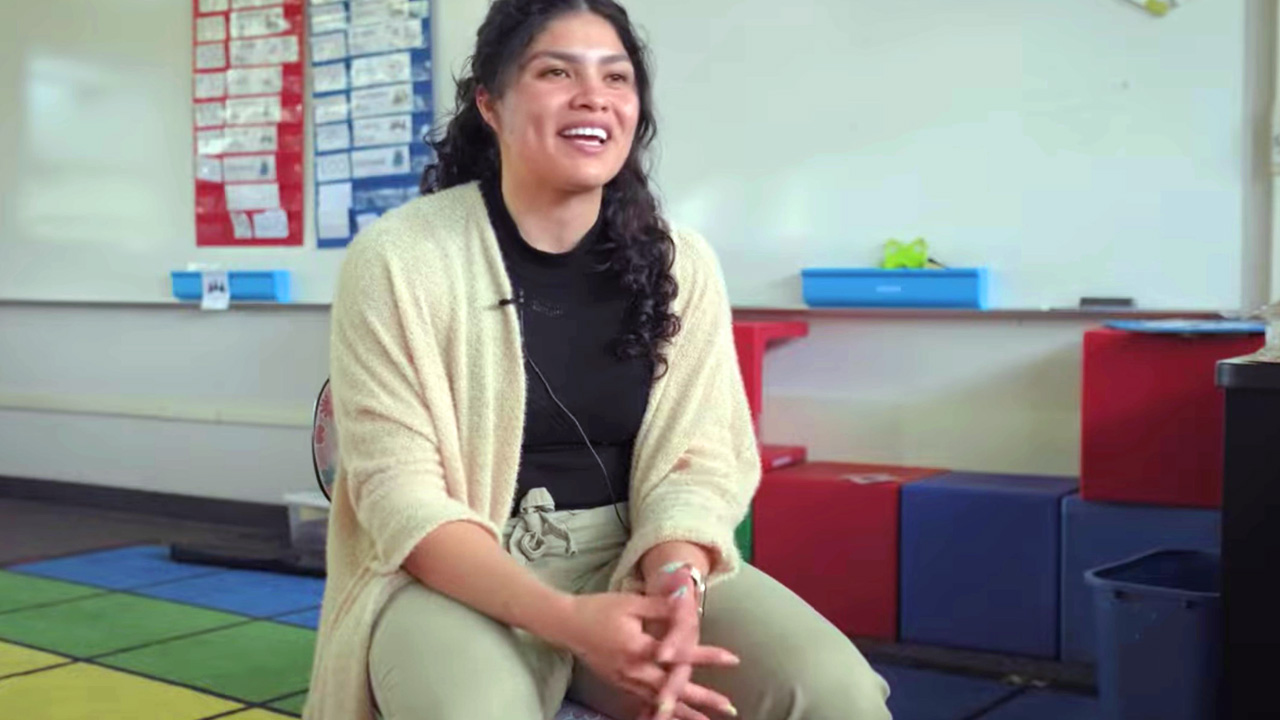
Early Childhood Special Education Specialization
The Early Childhood Special Education (ECSE) specialization prepares educators and other professionals to work with infant, toddler and preschool-age children with exceptionalities and their families.
ECSE Course Sequence Options
There are 3 options in the ECSE program:
- 4-year ECSE ITEP: Integrated Teacher Education Program: a bachelor's plus credential pathway for undergraduate Child Development majors
- 2-semester ECSE stand-alone credential option
- 3-semester ECSE stand-alone credential option
- 4-semester ECSE stand-alone credential option
Mild/Moderate Support Needs Specialization
The Mild/Moderate Support Needs (MMSN) specialization prepares educators and other professionals to work with students with disabilities in grades K-12, and adults up to age 22.
MMSN Course Sequence Options
There are 2 options in the mild/moderate support needs program:
Extensive Support Needs Specialization
The Extensive Support Needs (ESN) specialization includes autism, deaf-blindness, moderate to severe intellectual disabilities, multiple disabilities, and serious emotional disturbance. It gives you permission to teach in grades K–12 and in classes organized primarily for adults through age 22. Credential holders may teach in:
- Resource rooms or services
- Special education settings
- General education settings
- Special schools
- Home/hospital settings
- State hospitals
- Development centers
- Correctional facilities
- Non-public, non-sectarian schools and agencies
- Alternative and non-traditional instructional public school settings other than classroom
ESN Course Sequence Options
There are 2 options in the Extensive Support Needs program:
Advising
Future Students
If you intend to apply, or are in the process of applying, to a credential program and need pre-admission support, contact Dalia Corrigan at [email protected].
Current Students
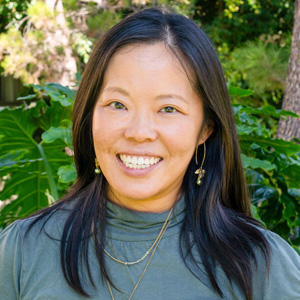
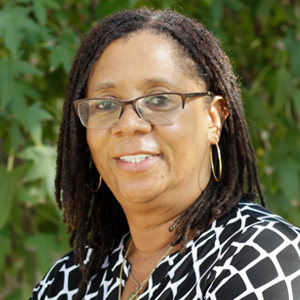

Next Steps
Interested in a preliminary credential program?
Attend an Info Session
Get helpful tips on applying to our preliminary credential programs. You can also watch a pre-recorded Virtual Info Session.
Get in Touch
Prepare to Apply
Related Programs
After earning a Preliminary Education Specialist Credential, teachers have 5 years to complete Induction for the Clear Credential.
A bilingual teaching credential enables teachers to instruct in English-only or dual-language classrooms and serve English learners in K-12 settings.
The School of Teacher Education offers the preliminary teaching credential to instruct in K-12 general education settings.

